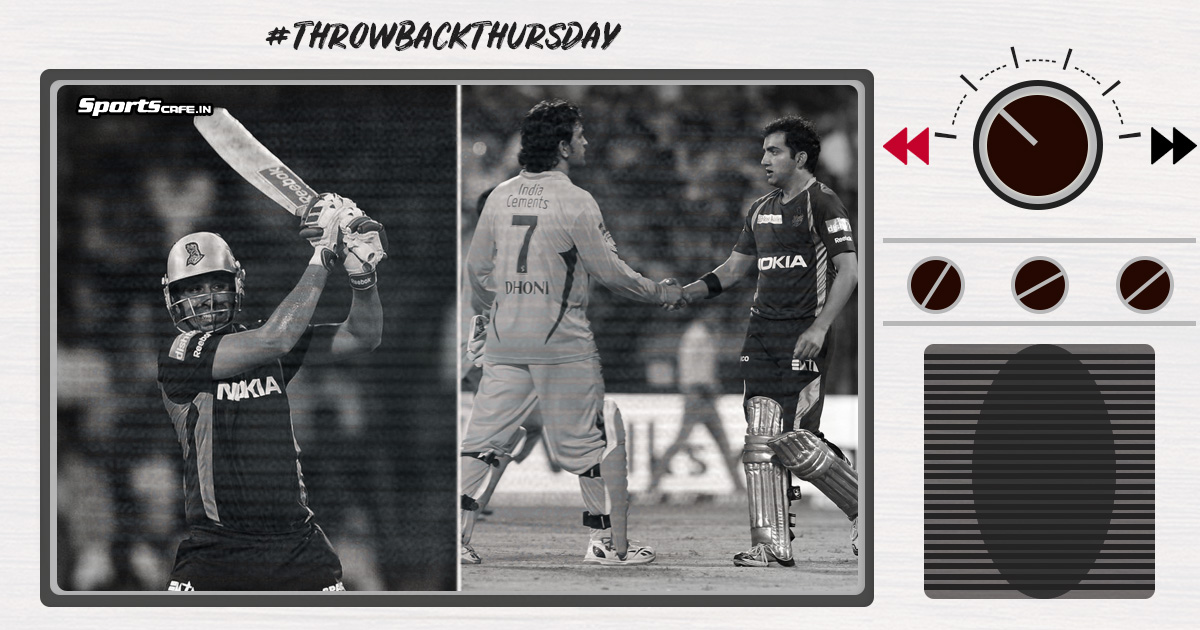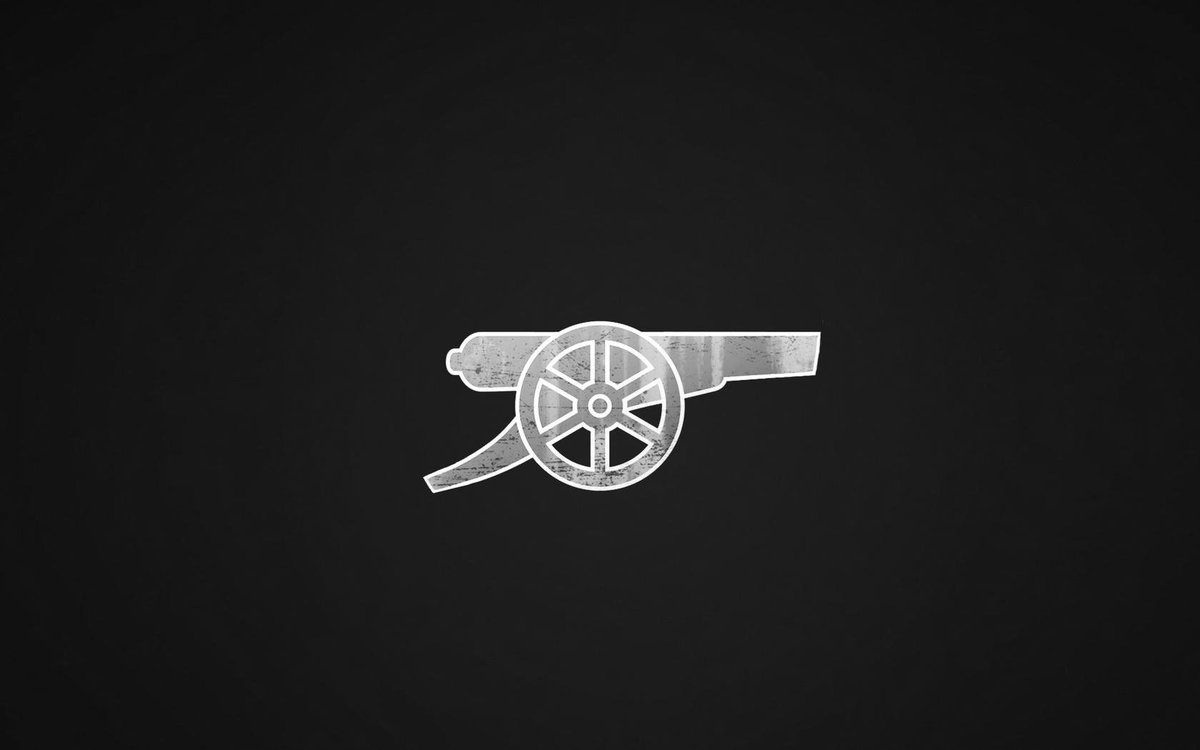Throwback Thursday | Bisla-inspired KKR down CSK to lift maiden IPL title
Welcome to the series where we present you a moment, a game in history that has shaped the way the sport has been played, in our weekly segment ‘Throwback Thursday.' This week, we revisit one of the most iconic moments in IPL history, the Knight Riders beating CSK to lift their maiden IPL title.

It’s May 27, 2012, and we’re at the Lion’s den, the MA Chidambaram Stadium in Chennai. The humidity level is off the charts in the capital of Tamil Nadu but making the players and fans inside the stadium sweat is the heated battle on the field between Chennai Super Kings and Kolkata Knight Riders, which has reached its zenith. “3 runs needed off 3 balls” reads the big screen and entrusted with the job of taking their respective teams home are local boy Manoj Tiwary and cult-hero Dwayne Bravo. The camera captures the slow-mo of sweat dripping - from Tiwary’s helmet and Bravo’s forearm - but both men know that they simply cannot afford to slip up, for the legacy of their entire club is now in their hands. But before we play out the climax of this enthralling film, it is important for us to hit the pause button and revisit what got us here in the first place.
To understand the enormity of the job Manoj Tiwary had in his hands, it is important to realize the gigantism of this club called ‘Kolkata Knight Riders’. Unlike other franchises, KKR did not have to strive hard to establish a brand when the IPL was inaugurated. Even before their players set foot onto the field to participate in the IPL for the first time, KKR were the biggest name in the tourney - their captain Sourav Ganguly was the icon of Indian Cricket and owner Shah Rukh Khan was the biggest star in the entirety of India. Marvel and DC might be coming up with their Superhero Universes now but back then, an SRK-Dada collab was the perfect tag-team India had witnessed - a jugalbandi.
And in 2008, almost fittingly, the Knight Riders were the club that kick-started the tournament. And what unfolded on the very first night of IPL not only changed the outlook of the tournament but the outlook of the entire T20 format and world cricket. A 158* from the bat of Brendon McCullum - which resulted in a 140-run win on the very first night for the Knight Riders - marked the birth of this phenomenon called IPL and a glimpse at this KKR side gave one the feeling that the club was destined for a Man United-esque dominance in the league.
Mind you, it wasn’t just Ganguly, SRK and McCullum; they had Chris Gayle, Brad Hodge, David Hussey, Ricky Ponting, Shoaib Akhtar, Umar Gul and Ajantha Mendis amongst others - on paper, they were, by far, the strongest side in the entire competition. However, game one soon became a distant memory and instead, what ensued on the field, in terms of results, in the first three seasons left fans shocked, dejected, bewildered and disgusted. The Knight Riders flabbergastingly failed to make the play-offs in each of the first three seasons and remarkably finished bottom of the league in IPL 2009 - with all that star power.
So KKR’s calamitous start to the IPL meant that heads rolled after the third reason, including that of Kolkata’s posterboy Sourav Ganguly. The team underwent a complete rehaul at the mega auction prior to the IPL 2011 and at the helm of the side was the ever-so-fiery Gautam Gambhir. India’s vice-captain at that time, Gambhir was presented with a well-balanced and well-knit side that had ‘take your breath away’ players like Yusuf Pathan and Brett Lee and through-and-through craftsmen like Jacques Kallis and Shakib-Al-Hasan.
The rehaul paid instant dividends as KKR reached the play-offs for the first time in their history in IPL 2011. However, they did not quite conquer the mountain as they fell in the eliminator to Mumbai, but despite the loss, there was genuine hope and buzz that this team had the legs to go all the way the following year. All they needed, it felt, was an X-factor and in the following season, in IPL 2012, Gambhir & Co. had their wish granted - in came Sunil Narine, who single-handedly turned out to be a messiah.
A mysterious-looking poker-faced character whose bowling invoked more bewilderment than his mohawk, Narine ripped through batting line-ups in IPL 2012 to almost single-handedly propel the Knight Riders to the final. In lead up to the final, the mystery spinner astonishingly claimed 24 wickets in just 14 games, at a stupendous economy rate of 5.47. World-class campaigns from him and seniors Gambhir and Kallis, who scored 928 runs between them up until the summit, meant that for the first time in IPL history, KKR found themselves in the final of the competition.
However, what awaited them in the final was a challenge that no team in the competition had conquered for 763 days - beat Chennai Super Kings in the final. After coming agonizingly close to winning the title in both 2008 and 2009, CSK beat Mumbai Indians to win their first IPL title in 2010 but then remarkably backed it up by defending the title once again in 2011. By 2012, not only were CSK the best side in IPL, but they were arguably the best T20 franchise in the entire world; only 18 months ago they’d won the ‘Champions League T20’.
So entering into the final, which was set to be played in their own den, Chepauk, CSK knew nothing but the taste of victory. And after calling it right at the toss and opting to bat first, the Men in Yellow replicated what they’d done a year ago at the very same stage - score heavily at the top and post an astronomical total. For KKR, Sunil Narine chose the worst possible day to misfire as his uncharacteristic and underwhelming 0/37 meant that CSK bludgeoned their way to 190/3 off their 20 overs.
Knowing they had to create an IPL record for the highest-ever chase in a final, KKR took the field in the second innings resting all hopes on their skipper Gambhir, who was 12 runs away from breaching the 600-run mark in the tournament. However, just six balls into the chase, Ben Hilfenhaus sent Gambhir’s stumps flying to raise the decibel levels in the stadium and send the home fans into a frenzy. The noise in the stadium went off scale and there was a swarm of yellow anywhere you looked at in the stands, but as Gambhir walked back to the pavilion, all he could hear and see was eerie silence and impending darkness, for he knew that his side were 114 balls away from potentially going back to square one.
But some stories deserve the closure, the fairytale ending that reduces people to tears and as the Cricketing Gods had it, KKR, on the day, found the unlikeliest of heroes to drag them towards the finishing. Manvinder Sultansingh Bisla, who had played all of 6 matches and had averaged 20.66 with the bat prior to the final, pulled off the greatest innings ever in an IPL final, scoring a remarkable 48-ball 89 to leave KKR within striking distance of the one trophy that had evaded them for long.
So that brings us to “the” moment. Almost poetically, it’s local boy Manoj Tiwary, with the bat in his hand, who has the responsibility of sealing the Knight Riders their first ever IPL title. The equation is ‘3 runs needed of 3 balls’, but the boy from Howrah knows that the pressure is well and truly on the Trinidadian, for only the ball before, Bravo saw the ball sail to the boundary. Tiwary knows that a replica of the previous ball would end five years of suffering and help him chisel his name into the history books. At the mercy of Tiwary’s hands is also Chennai Super Kings, whose domination and monopoly will be squashed should the local boy manage one clean connection of his willow with the ravaged white ball. The entirety of Kolkata takes a deep breath, bracing themselves to let out the biggest screams of their lives, and holding his breath along with his people is the leader Gautam Gambhir, who knows that the infrequent sight of him sporting a smile is imminent. This is it.
Welcome to a moment in history.

Comments
Sign up or log in to your account to leave comments and reactions
0 Comments